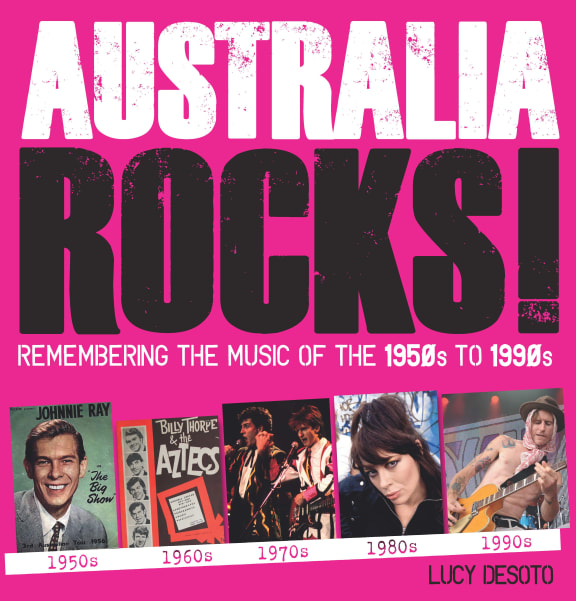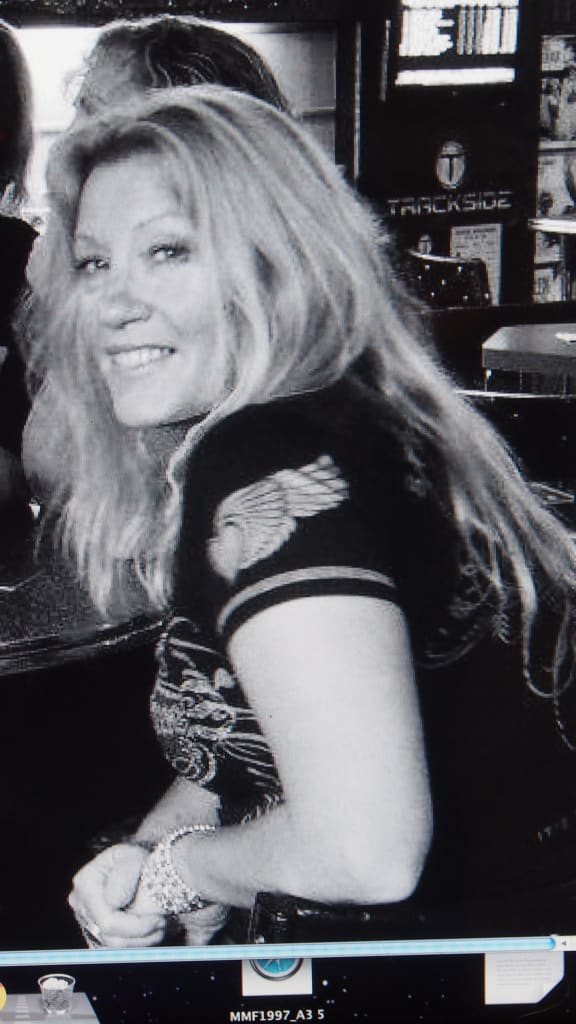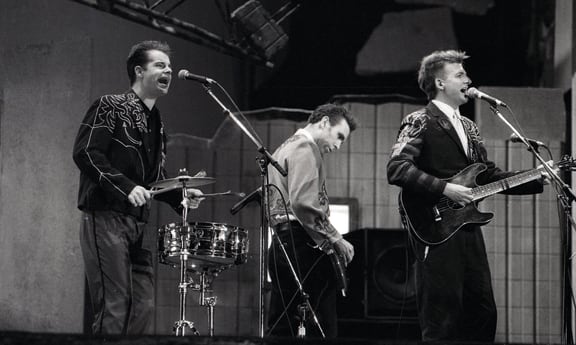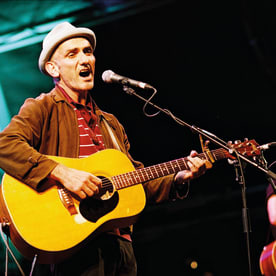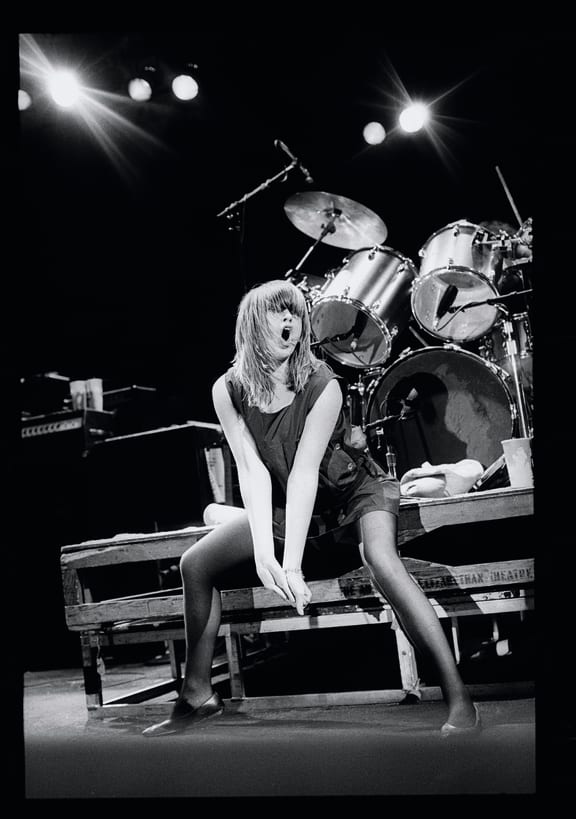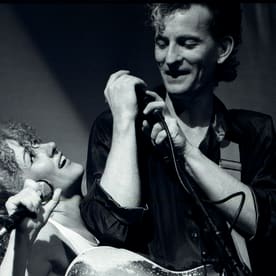From the Wild One Johnny O’Keefe in the 1950s through to The Birthday Party in the post punk early 1980s Australia has forged a unique brand of rock music.
Australian musician and song writer Lucy Desoto , has written a book on the history of Australian music - Australia Rocks!
It charts the origins of rock in music halls of the 1950s through to the massive beer barns of the 1970s and 1980s.
Perhaps the founding father of Australian rock is Johnny O’Keefe whose song ‘The Wild One’ has been covered by Iggy Pop and Jerry Lee Lewis among many others.
“He was an unvarnished wild spirit, with his energy and his persistence.”
Following his footsteps were game changing musicians like expat-Kiwi Johnny Devlin and Billy Thorpe.
Billy Thorpe and the Aztecs were a huge band in the 1960s and Thorpe’s swagger was an influence on many a front man to come.
“He was fearless and fierce and very determined to be a non-conformist.”
The book also salutes those Australian bands more influential than they were famous.
Desoto rates The Master’s Apprentices and their song ‘It’s Because I Love You’ as pinnacles of Australian rock in the late 1960s.
“One of the timeless achievements of Australian rock music. These guys came out of nowhere and now the song has permeated mainstream culture.”
By the early 1970s rock was moving from the school hall to the pub and only the best survived that gruelling circuit.
“In the early ‘70s pubs started getting entertainment licences, because of the coincidence of those legislative changes that allowed hotels have live music and extend their opening hours and boomers old enough to go to the pubs music had a ready- made audience.”
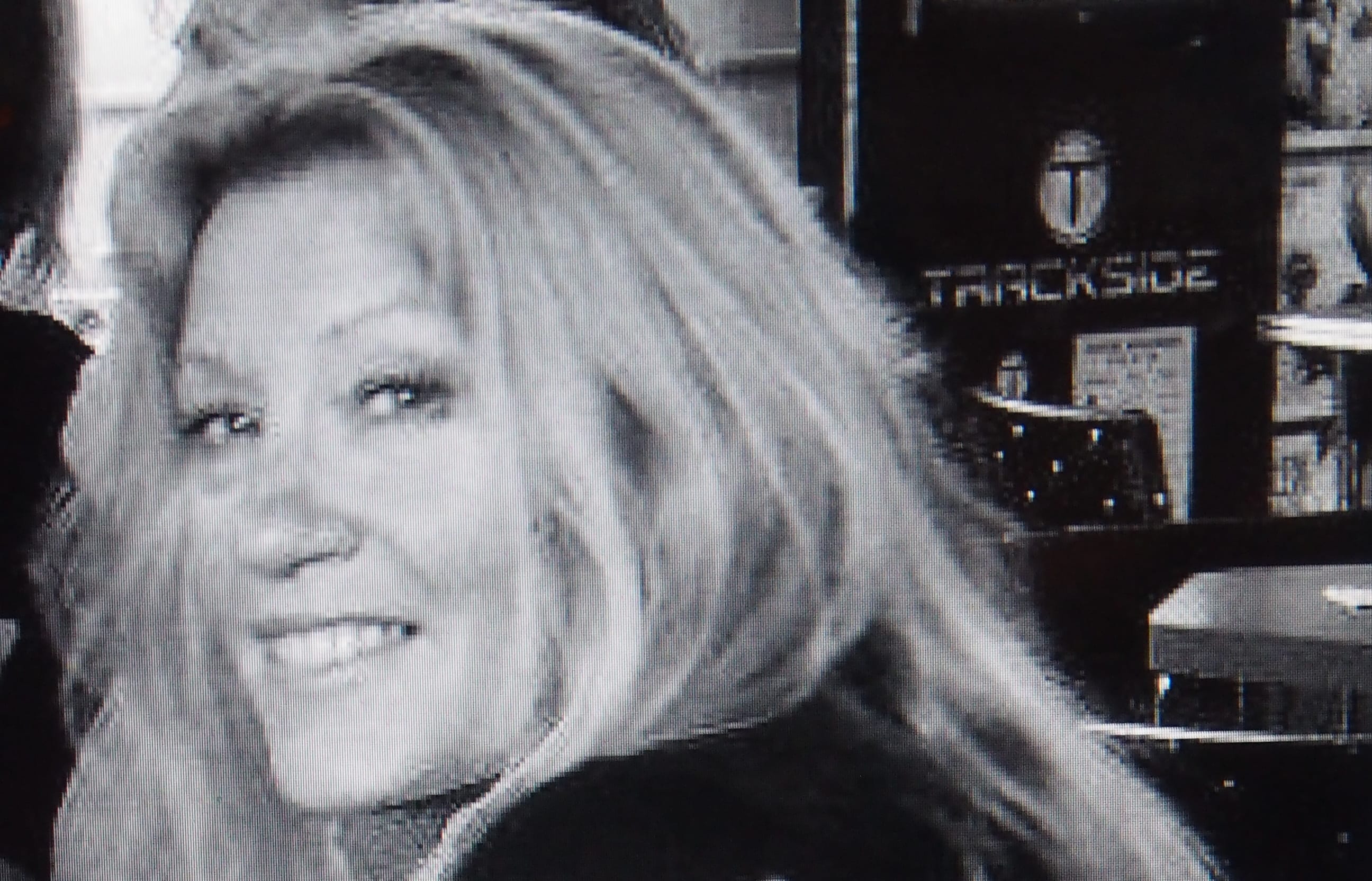
Australia Rocks author, Lucy Desoto Photo: Supplied
Australia’s early travelling rock musicians had to work some pretty tough crowds, she says.
“People had to learn to perform and win over audiences that were as diverse as office workers and shearers.
“They had to learn to play to people who were very cynical about long-haired muso's coming in to town.”
Bands like Cold Chisel, Rose Tattoo INXS, The Angels and New Zealand band Dragon honed their skills on this circuit.
“Dragon were stunning, wrote beautiful music and Marc Hunter was a pin-up!”
Cold Chisel were pub rock royalty but their sound never translated to overseas markets.
“They were so deeply steeped in the Australian style that I think the international success that eluded them was really because they’d perfected the Australian style,” she says.
One band that did cross over were INXS but they worked hard for their breakthrough, in one year playing 300 gigs on the national circuit.
